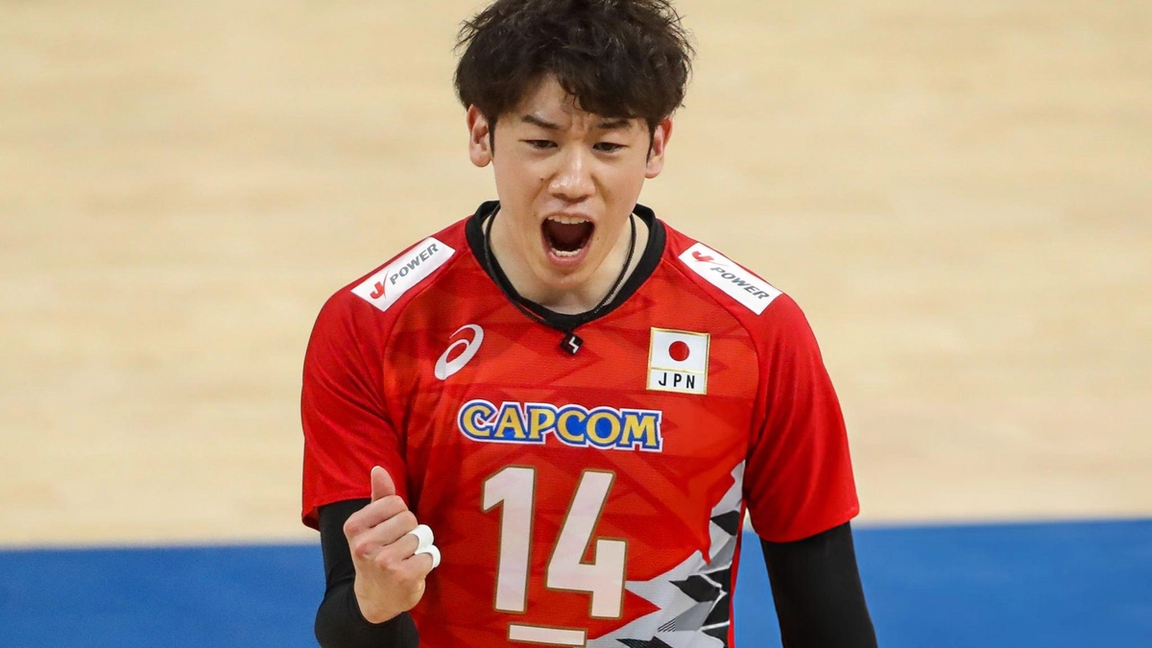
How to Stop Hesitating During Volleyball Games and Start Playing with Confidence

Matt Nikishin
•
1st August, 2025
If you've ever found yourself second-guessing, pausing, or freezing just before a play, you're not alone. Many skilled players experience the same mental block, not because they lack ability, but because they're stuck in their heads at the worst possible moment.
The real challenge? Learning how to stop hesitating during volleyball games.
It's not about being perfect—it's about being decisive. Whether you're a libero hesitating on a dig or a setter unsure whether to jump or dump, that delay breaks rhythm, creates doubt, and throws off team chemistry.
This guide is your playbook to break free from hesitation. We’ll dive into the psychology behind freezing, offer powerful drills to build your reaction speed and confidence, and show you how small changes in communication can lead to big improvements in your game.
Why Volleyball Players Hesitate During Games
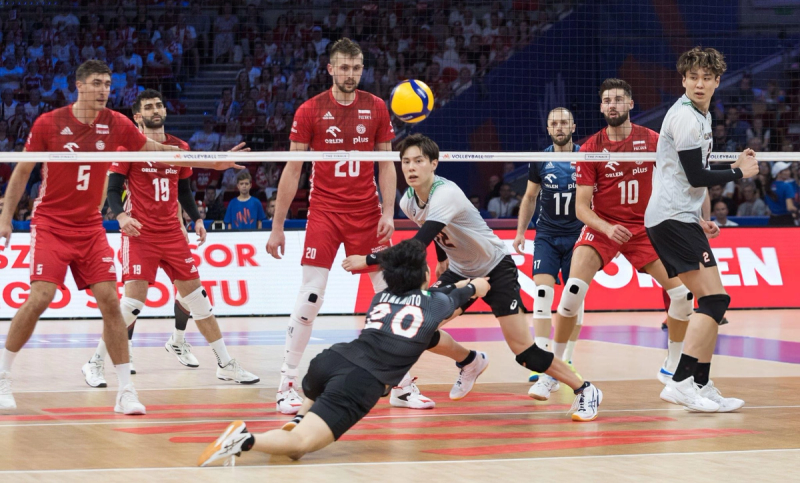
The Second-Guessing Mindset
Hesitation isn’t fear—it’s over thinking. In training, everything feels controlled. But in games, players suddenly ask themselves, “Should I go?” or “What if I mess up?” The brain enters a self-check loop, and in the milliseconds it takes to decide, the opportunity slips away.
These mental hiccups can occur even with experienced athletes. Especially in fast rallies or unfamiliar matchups, doubt creeps in and delays action.
The result? Missed digs, poor transitions, late blocks, or ineffective sets.
How Hesitation Breaks Rhythm
In volleyball, timing is everything. One player’s pause disrupts the fluid motion of the entire team. It makes plays look clumsy and opens gaps for the opponent to exploit.
Hesitation also damages player trust—when teammates can’t rely on each other to act decisively, confidence drops across the board. It's a ripple effect that weakens the team’s ability to recover quickly or capitalize on momentum.
The Psychology of Doubt and Decision-Making in Volleyball
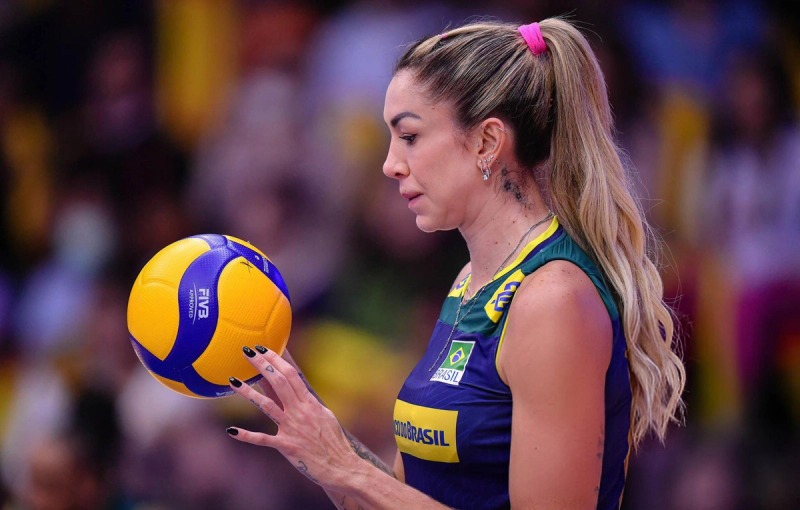
How Uncertainty Sabotages Reaction Time
Hesitation is usually rooted in uncertainty, not incompetence. Even when you know what to do, you might second-guess it under pressure. That pause stems from the brain trying to process multiple options instead of trusting the training you've already done.
In high-pressure moments, athletes who overthink slow down. Instead of reacting instinctively, they start analyzing every possibility, which delays execution and increases the chance of mistakes.
Confidence vs. Perfectionism
Many players think they need to get every read right. But aiming for perfection often backfires. Volleyball is too fast for flawless decision-making.
What actually boosts performance is confidence—being sure enough to commit, even if it’s not always the perfect choice.
Confident decisions keep the play moving. Imperfect but committed moves are better than hesitant pauses, which leave teammates scrambling to cover.
Watch This Video to Improve Your Confidence:
How to Train Your Mind to React, Not Second-Guess
To stop hesitating, you have to retrain your brain to react instead of rethink. Here are some effective drills:
- Random Ball Drills: Have a coach or teammate randomly toss balls in unpredictable directions and force quick reactions.
- Fast Decision Drills: Combine cues with physical action—e.g., shout “short” or “deep” randomly while players must respond instantly.
- 1v1 Chaos Drills: Place two players in reactive, unpredictable situations where they must decide who takes the ball based on communication and quick recognition.
These drills shift focus away from “what ifs” and toward instinctive responses.
Verbal Cues Build Decisiveness
Using short, assertive phrases like “mine,” “go,” or “line” during practice and play can dramatically reduce hesitation. Speaking out loud affirms your decision and signals it to teammates, reinforcing the habit of clarity and commitment.
Communication and Commitment: Keys to Playing Fast and Free
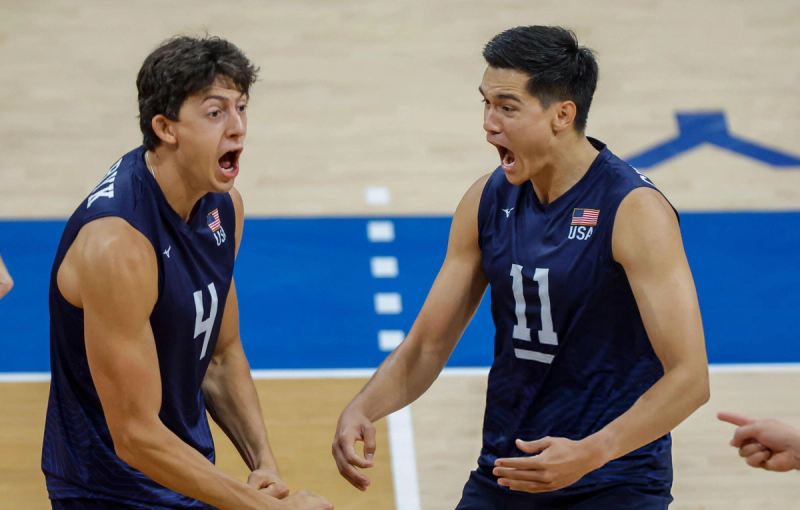
The Power of Calling “Mine” Early and Often
Saying “mine” is more than a call—it’s a mental trigger. It shifts your mindset from passive to active. It tells your body, “I’ve made the choice. Now go.”
Players who hesitate often stay silent or wait too long to speak. This creates confusion and missed opportunities.
Making loud, early calls builds leadership and boosts reaction times for everyone on the court.
Defining Roles and Building Trust
When everyone knows their role, there’s less hesitation. Clear guidelines like “libero takes every seam ball” or “setter always calls off second contact” eliminate gray areas where second-guessing thrives.
Teams that trust each other’s responsibilities move as one. That trust allows players to go full throttle—without worrying about stepping on each other’s toes.
Building the Confidence Muscle Through Game-Like Reps
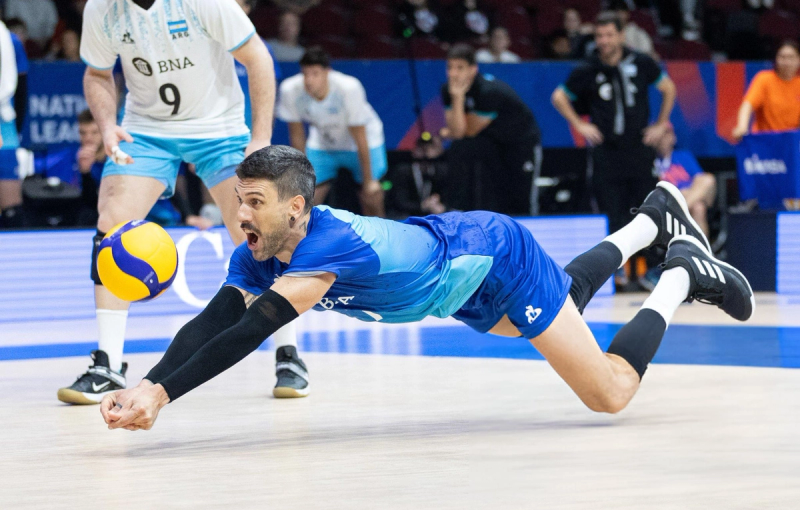
Focus on Speed, Not Perfection
Too often, practice drills focus on mechanics and perfect form—but that’s not how games work. Speed, adaptability, and commitment win games.
Use speed-focused drills that reward fast decision-making, like:
- Consequence Drills: If you hesitate, you run. Encourages quick choices.
- Timed Rallies: Short bursts of gameplay with added pressure.
- Call-and-Go Drills: Coaches shout cues mid-drill that players must follow instantly.
These help simulate the chaos of live matches, training players to operate under the same mental stress.
Practicing Clarity Under Pressure
Mental pressure training is just as critical as physical reps. Use pressure sets—mini games where one mistake costs a point or the entire drill. Set clear mental goals like “I’ll call mine within 1 second” or “I’ll commit to every ball in my zone.”
This trains your nervous system to perform under stress, building confidence that naturally carries over into real games.
Conclusion: The Shift from Overthinking to Owning the Moment
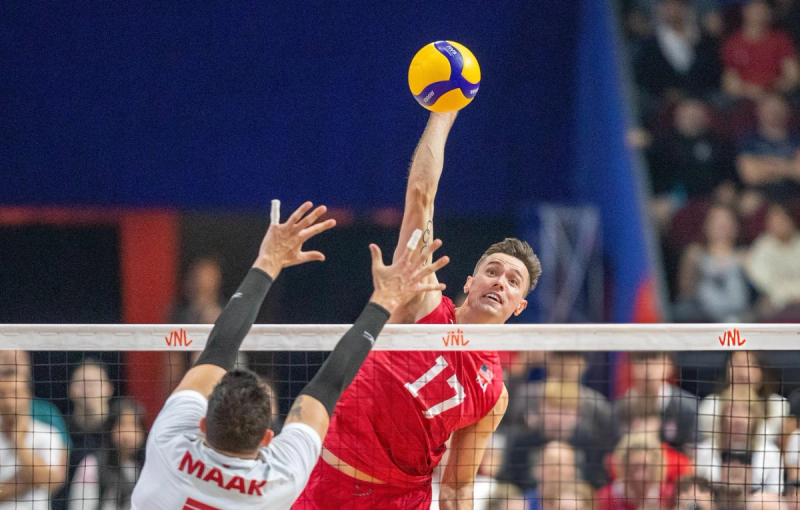
The difference between hesitation and confidence on the court comes down to preparation and mindset. If you want to stop freezing and start leading, don’t aim for perfect reads—aim for fast, committed ones. Trust your instincts. Use your voice. React with purpose.
The more you train your brain to act without doubt, the more your body will follow. And when you do, volleyball stops being a minefield of “what-ifs” and starts feeling like the fast, fluid game it’s meant to be.
Trying to improve your volleyball skills? Rewind connects you with coaches who review your game video and give step-by-step advice to help you play better. Go to tryrewind.co and start training smarter. Click the image below to get started.
